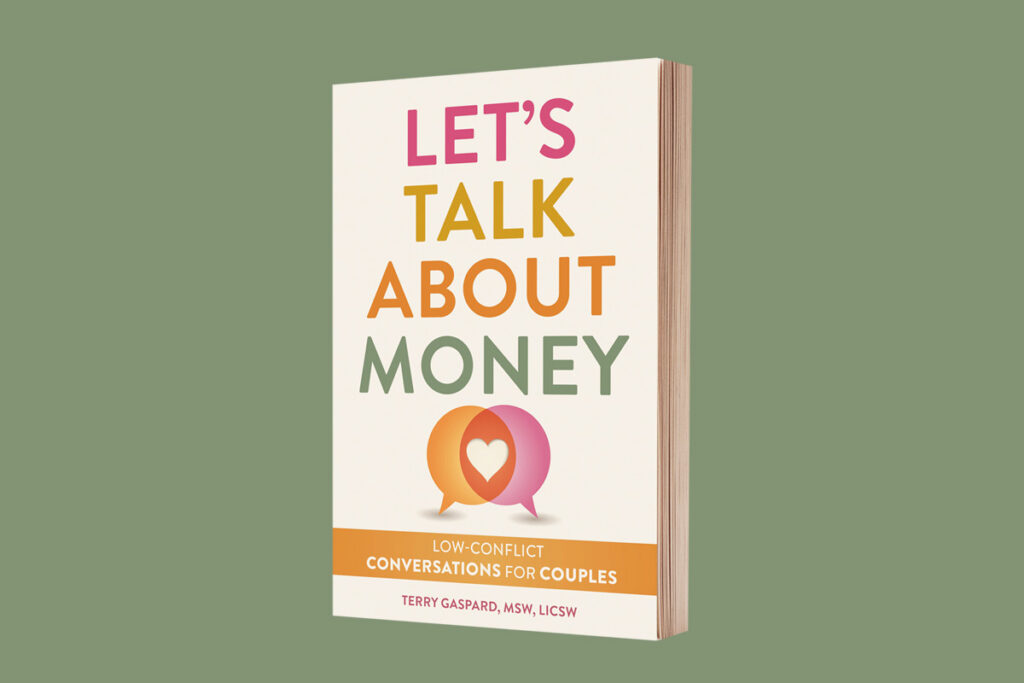They trudged into my therapy office, slumped down at opposite ends of my sofa, and glared at each other. This professional couple in their 50s had yet another fight on the way to their appointment. In theory, it was a continuation of something that started last night, but the truth was they had variations of the same row for the last five years. Understanding conflict resolution in relationships requires recognizing how people handle disagreements.
“I’ve asked you to be kinder, but you speak to me with such contempt,” he complained.
“But you’re doing things that upset me,” she counter-claimed. “What am I supposed to do?”
They were at gridlock and falling into three common mistakes made by couples with perpetual problems.
So what are these mistakes? Could knowing them transform your relationship?
Common Mistakes in Conflict Management
Mistake #1: “You change”
It is easy to have a long list of what your partner could do differently and a short list of your own. Perhaps yours is completely blank or full of hopeless ideas like “give up.” Unfortunately, pointing out your partner’s shortcomings does not encourage change—only defensiveness and counter-attack. Effective conflict management requires a different approach. Normally, I encourage couples to step into each other’s shoes and look at the world from there. However, once you reach gridlock, you are too angry to make this leap of imagination.
Mistake #2: Protesting louder
If you can’t get through to your partner, you may wonder, why not raise the stakes? Perhaps they will finally understand and take you seriously? So, you shout louder, throw a bigger tantrum, or move from sniping to sarcasm and on to nasty name-calling. Other versions involve bringing in the opinions of others to back you up and punishing your partner by refusing sex or intimacy. Unfortunately, couples end up debating alternative narratives, building a case against their partner.
Mistake #3: Flee and pursue
At some point, one partner will check out. It could be walking away, internally shutting down, or people-pleasing (by which I mean agreeing to anything for a quiet life but being full of resentment or giving an empty apology to shut down the argument). I have clients who simply beg their partners to stop. Not surprisingly, the other partner does not feel heard and fears nothing will ever change. So they prevent the fleeing partner from leaving, following them to the next room or they rekindle the row a short time later.
How to break gridlock
1. Consider that both of you are right. It is easy to fall into black and white concepts of right and wrong, win and lose. Instead of this comparative thinking, embrace something called contemplative thinking. Instead of “yes but,” switch to “yes and,” which does not negate your partner’s position. Once you accept you are both right, you open up to creative solutions: “What can we do differently?”
2. Look deeper into the dilemma. Ask yourself, “What is this argument really about?” If you both feel so strongly, it must be something important and that normally goes back to your childhood. So, tell each other what past trauma has been reactivated. If you need help with this, find a Gottman-trained therapist here.
3. Stay in the crucible of conflict longer. It is natural to want to exit conflict as equally as possible but it takes time to go through. Don’t put pressure on yourselves. It will normally take several discussions, maybe over several days. So learn to feel more comfortable with uncertainty and agree to keep talking.
4. Become vulnerable with each other. Instead of showing your armored exterior, speak about what you find difficult. Remember to use “I” statements. For example: “I feel anxious” rather than “You make me feel anxious.”
5. Find similarities and build on those. It is helpful to remind each other of what you agree on. For example: “We both want the best for the children” or “We are both feeling overwhelmed.” If you address the better part of your partner rather than attack their flaws, it is easier to build cooperation.
6. Going through. Once you stop pushing your particular solution, another way will slowly emerge. If you are still stuck, it could be that you need to return to the previous steps and do some more talking and lots of listening. When you both feel truly understood, you will be ready to move forward.
Through understanding, practice and communication, these mistakes during conflict can be overcome, leading to better outcomes for your relationships.
By using the Gottman Relationship Adviser you and your partner can turn conflict into connection.







